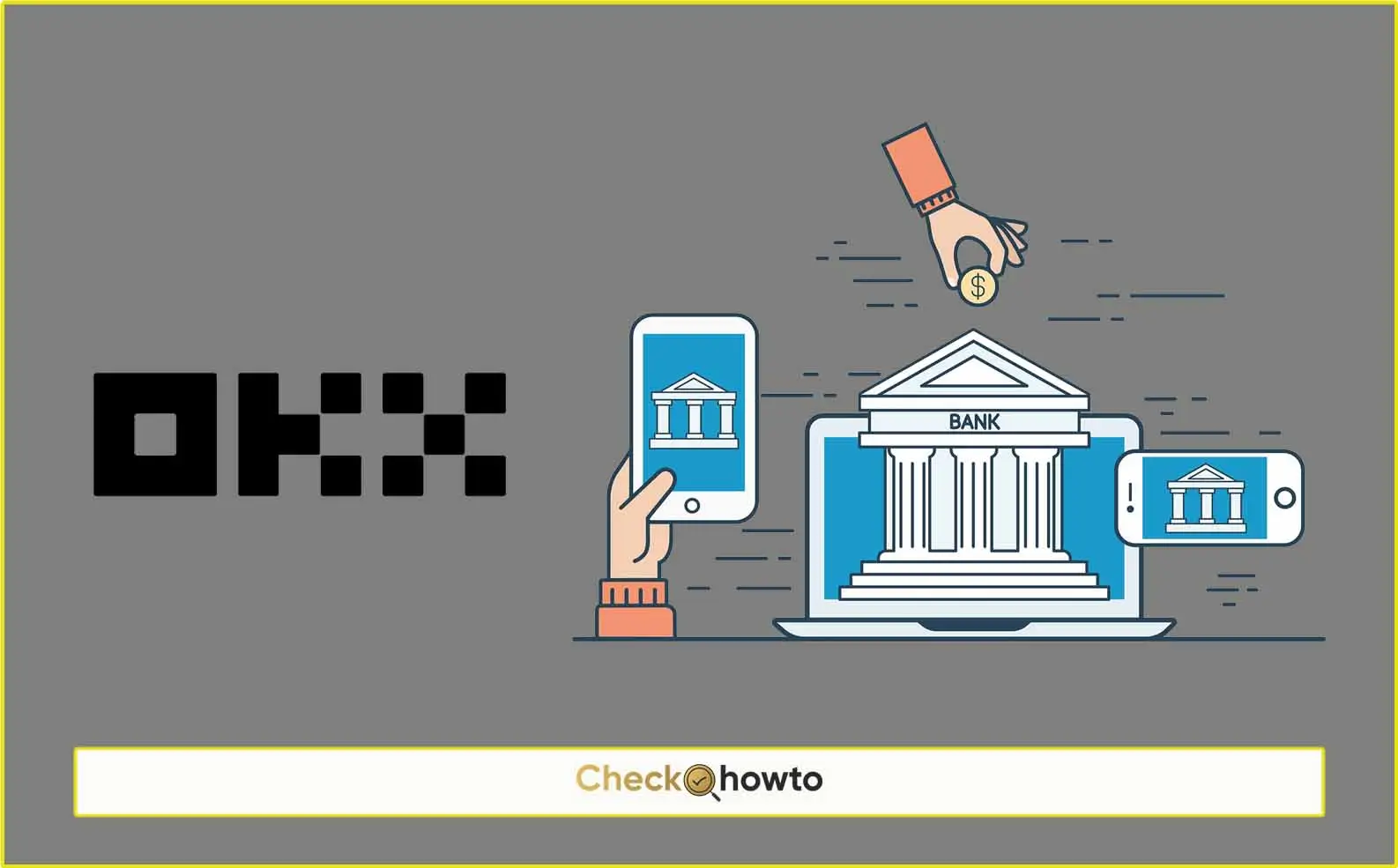So, you’ve filled out the application, hit submit, and… denial. It can be frustrating to see your credit card application rejected, especially if you’re unsure why. But fear not! This comprehensive guide will delve into the eight most common reasons for credit card application denials and equip you with the knowledge to improve your chances of approval in the future.

Understanding Credit Card Issuers’ Perspective
Before diving into specific reasons, let’s consider the credit card issuer’s point of view. They want to issue cards to responsible borrowers who are likely to repay their debts on time and in full. Therefore, they rely heavily on your credit history and financial situation to assess your creditworthiness. A credit card application acts as a snapshot of your financial health, and issuers use this information to determine if you’re a good fit for their product.
See; How to Improve Credit as a College Student
The Top Reasons for Credit Card Application Denials
Low Credit Score
This is the number one culprit behind credit card application denials. Your credit score is a three-digit number calculated based on your credit history, including payment history, credit utilization ratio (the amount of credit you’re using compared to your total limit), credit inquiries, and the length of your credit history. Generally, higher credit scores indicate a lower risk of delinquency (late or missed payments) in the eyes of issuers.
Limited Credit History
If you’re new to credit or haven’t used credit products extensively, you might have a thin credit file. This lack of data makes it difficult for issuers to assess your creditworthiness. To build a credit history, consider applying for a secured credit card, which requires a refundable security deposit but functions like a regular credit card and reports your activity to credit bureaus.
Insufficient Income
Credit card issuers want to ensure you have enough income to comfortably manage your credit card debt alongside your other financial obligations. They typically consider your income-to-debt ratio, which compares your total monthly debt payments to your gross monthly income. A high debt-to-income ratio can raise red flags and lead to denial.
High Credit Card Utilization Ratio
This ratio reflects the percentage of your available credit limit you’re currently using. Maxing out your credit cards or carrying high balances can negatively impact your credit score and make you appear overextended financially to issuers. Aim to keep your credit utilization ratio below 30% for optimal credit health.
Recent Credit Inquiries
When you apply for a new line of credit, such as a loan or credit card, a hard inquiry is placed on your credit report. While a single inquiry usually has minimal impact, a significant number of hard inquiries in a short period can indicate to issuers that you’re applying for too much credit at once and might be a high-risk borrower.
Negative Credit History
Derogatory marks on your credit report, such as late payments, charge-offs (debt written off by a creditor), or foreclosures, can significantly decrease your credit score and make it harder to get approved for a credit card. Addressing these issues by making consistent on-time payments and working with creditors to resolve delinquencies can help improve your creditworthiness over time.
Errors on Your Credit Report
Mistakes happen, and sometimes your credit report might contain inaccurate information. It’s crucial to review your credit reports regularly (you’re entitled to a free credit report from each of the three major credit bureaus annually) and dispute any errors you find. This can help ensure your credit score accurately reflects your financial situation.
Application Mistakes
Double-check your application for any typos or inconsistencies. Inaccurate information can raise red flags for issuers and lead to denial. Ensure all your details, including income, employment information, and contact details, are correct and up-to-date.
What to Do After a Credit Card Application Denial
Receiving a denial can be discouraging, but it’s not the end of the road. Here are some actionable steps you can take:
- Review the Denial Reason (if provided): Many credit card issuers provide a reason for denial in the rejection letter. This can be a valuable roadmap for improvement.
- Obtain Your Credit Report: Request a free copy of your credit report from each of the three major credit bureaus (Experian, Equifax, and TransUnion) to identify any errors that might be impacting your score. You can do this at Annual Credit Report.
- Dispute Errors: If you find any mistakes on your credit report, file a dispute with the credit bureau and the creditor who reported the error.
- Focus on Building Your Credit: There are several ways to build your credit history and improve your score. Consider getting a secured credit card, as mentioned earlier. These cards require a security deposit but function like regular credit cards and report your activity to credit bureaus. Making on-time payments on a secured card can significantly improve your credit score over time.
- Become an Authorized User: Being added as an authorized user on someone else’s credit card with a good payment history can also benefit your credit score. However, it’s crucial to choose someone you trust who manages their credit responsibly, as their actions will be reflected on your credit report as well.
- Pay Down Existing Debt: Reducing your overall debt can improve your credit utilization ratio and debt-to-income ratio, both of which are factors considered by credit card issuers. Prioritize paying off high-interest debts first, and consider strategies like debt consolidation to streamline your repayment process.
- Wait Before Re-applying: After a denial, it’s wise to wait a reasonable amount of time before re-applying for a credit card, particularly for the same card. Multiple applications within a short timeframe can lead to additional hard inquiries on your credit report, further lowering your score. Aim to wait at least six months before re-applying, and focus on improving your creditworthiness in the meantime.
- Consider Alternative Credit Cards: Not all credit cards have the same requirements. If you have a less-than-perfect credit score, explore cards designed for people with fair or rebuilding credit. These cards might have lower credit limits or higher interest rates, but they can still be valuable tools for building your credit history.
- Seek Professional Help: If you’re struggling to improve your credit score on your own, consider seeking guidance from a credit counselor or financial advisor. They can provide personalized advice and strategies to help you reach your credit goals.
Remember: Building and maintaining good credit takes time and effort. By understanding the reasons for credit card application denials and taking proactive steps to improve your creditworthiness, you can increase your chances of approval in the future and unlock the benefits of responsible credit card use.
Additional Tips:
- Be Mindful of Credit Card Offers: You might receive pre-approved credit card offers in the mail. While tempting, avoid applying for cards you don’t necessarily need. Only apply for cards that align with your financial goals and spending habits.
- Monitor Your Credit Regularly: Make a habit of reviewing your credit reports regularly to ensure there are no new errors and to track the progress of your credit score improvement efforts.
- Practice Responsible Credit Card Use: If you’re approved for a credit card, use it responsibly. Make your payments on time and in full whenever possible. Remember, a credit card is a tool to be used strategically, not a license to overspend.
By following these steps and adopting healthy credit habits, you can overcome a credit card application denial and establish a strong credit foundation for the future.



